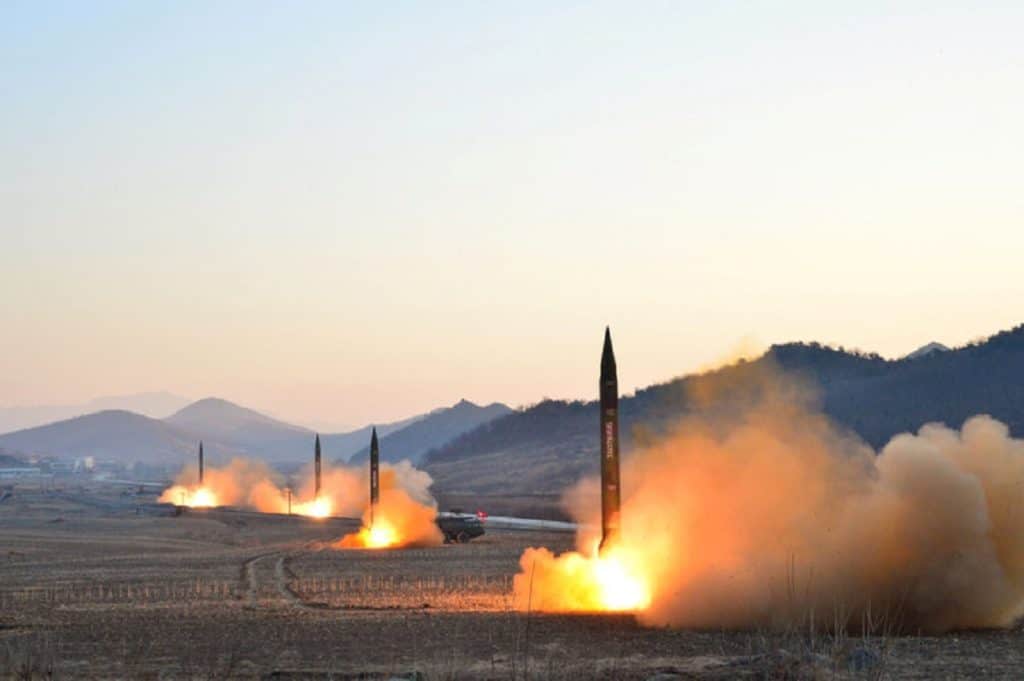By Denis Korkodinov
Tokyo is fully interested in demonstrating to the international community its own capabilities to monitor the launch of ballistic missiles in North Korea. However, these capabilities are called into question because of the expiration of the agreement with South Korea on the exchange of intelligence information.
Japan has unequivocally confirmed that it is monitoring the launch of North Korean missiles on September 10, 2019, when Pyongyang tested two short-range missiles east of the city of Kaechon in South Pyongang province. Regarding this, Japanese Defense Minister Takeshi Iwai said that Tokyo is conducting an independent investigation into the flight path of missiles and other details that are not reported.
It is worth noting that since the beginning of 2019, Pyongyang has already carried out seven ballistic missile launches, despite the fact that the leader of the North, Kim Jong-un proposed the continuing of dialogue with the United States on arm destruction issues. At the same time, the Japanese government hastened to get ahead of South Korean colleagues in publishing a report on the military tests of Pyongyang, thereby emphasizing that it could well do without an agreement with Seoul.
According to reports, North Korea launched at least two modernized missiles capable of overcoming Japan’s air defense system. In particular, they have a special flight path, which makes them virtually invulnerable to the Patriot Advanced-Capability-3 missiles.
The publication of the Japanese report, just at the very moment when South Korea refused to prolong the agreement on cooperation in the field of defense, testifies the Tokyo’s intention to confirm its exclusive trust in the information provided by Washington. This is a key moment in US-Japanese relations, when the United States assumed responsibility for ensuring Japan’s national security, putting Seoul in the background.
Meanwhile, Tokyo continues to be concerned about the fact that Seoul has refused to extend the information exchange agreement. This was officially announced by the first secretary of the Japanese government Yoshihide Suga. The Japanese politician explained that, despite cooperation with the United States, Tokyo would like to continue to exchange information with South Korea. However, Seoul is in no hurry to make a decision on the extension, which, according to some experts, may be due to the desire to receive concessions from Tokyo.
(The views expressed in this article belong only to the author and do not necessarily reflect the views of World Geostrategic Insights)
Image Credit: Korean Central News Agency (KCNA)/Reuters







